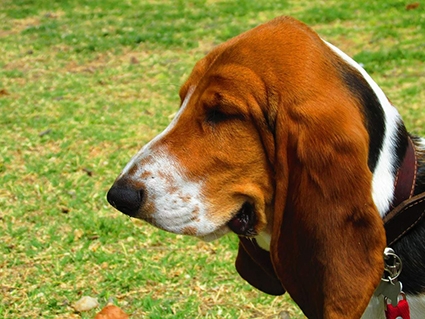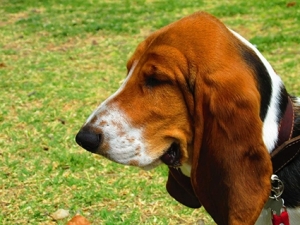Mayhew International Arrives in Georgia
As the general Georgian public’s awareness of animal rights and welfare seems to be slowly but gradually rising, it looks like many international organizations remain as eager to help as ever. A team of experts from Mayhew International, a UK registered animal charity organization, arrived in Georgia on July 23, 2015 for the second time this year, in order to promote companion animal welfare and the humane management of homeless cats and dogs through a network of community animal care initiatives.
The cornerstone of Mayhew’s approach to fighting stray animal overpopulation is neutering. The organization provides advice on the setting up and running of sterilization programs to not only their neighbors but also to countries like Afghanistan, India, Russia, Nepal and of course, Georgia.
During the 10-day project Mayhew International plans to visit the City Hall Shelter to conduct master classes in reproductive surgery as well as shelter medicine, vaccination protocols and anesthesia issues. The team will also hold meetings with the representatives of the Agricultural University and its Veterinary Clinic and hopes to meet Tbilisi authorities as well, to discuss the developments with the Dog Survey, investment in the Municipal Shelter, the Civic Council on DPM (Dog Population Management) and how it can input to strategy. The trip may also include visits to the Gori Municipal Shelter, GSPCA Shelter and Tbilisi Zoo, as well as a meeting with dog shelter owner, Tamaz Elizbarashvili.
Mayhew International has a long history of work in Georgia. Dr. Mariam Chkhikvishvili was the first vet from the country to be trained at the company’s clinic in London and she now serves as the Head of the Agrarian University Veterinary Clinic & Chair of Homeless Pets Help Organization. A team from the organization visited Georgia back in 2013 to check the situation of the stray animal population and as the issue is undeniably problematic in the country, Mayhew has provided help ever since.
Mayhew International is currently working with the authorities to establish a dog population management strategy which includes:
· the need for relevant legislation;
· a dog population survey to established just how many dogs Tbilisi is dealing with;
· vet training – raising standards of small animal surgery and care and encouraging the veterinary profession to be more involved in animal welfare projects;
· a comprehensive education and awareness-raising program for Tbilisi residents so they can understand why there are dogs on the streets and what are the most humane and sustainable methods of addressing this overpopulation;
· a mass rabies vaccination program which will work towards making Tbilisi a rabies-free city and benefit both the people and the animals in our communities.
According to the representatives of the organization, these are the long term plans which need to be brought to action in order to solve the overpopulation issue which has been persistent in Georgia for too long.
Beqa Kirtava












